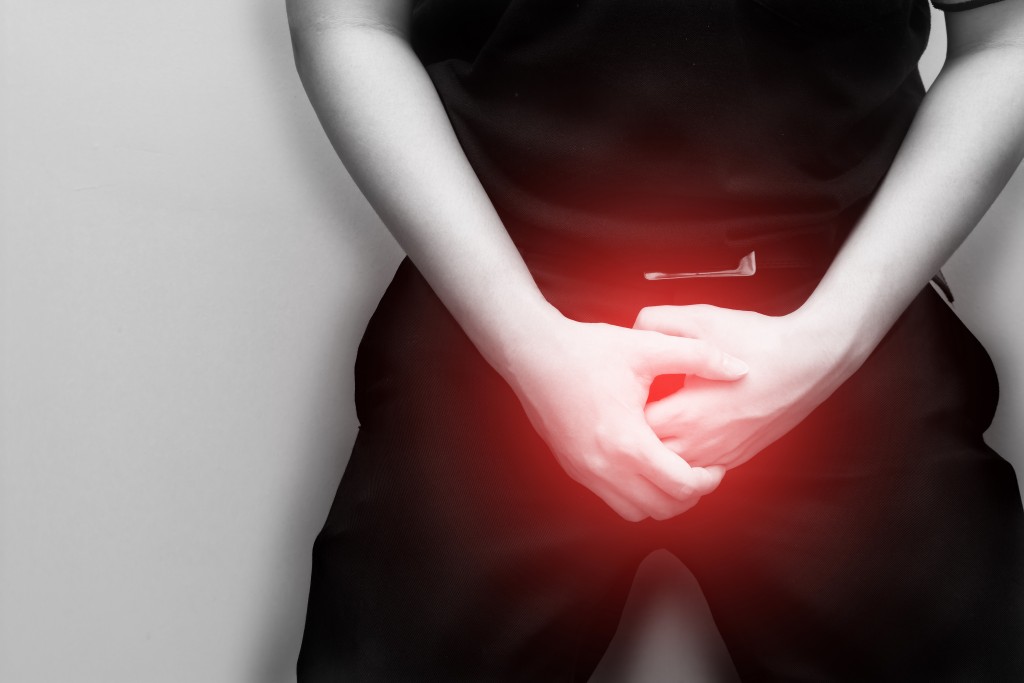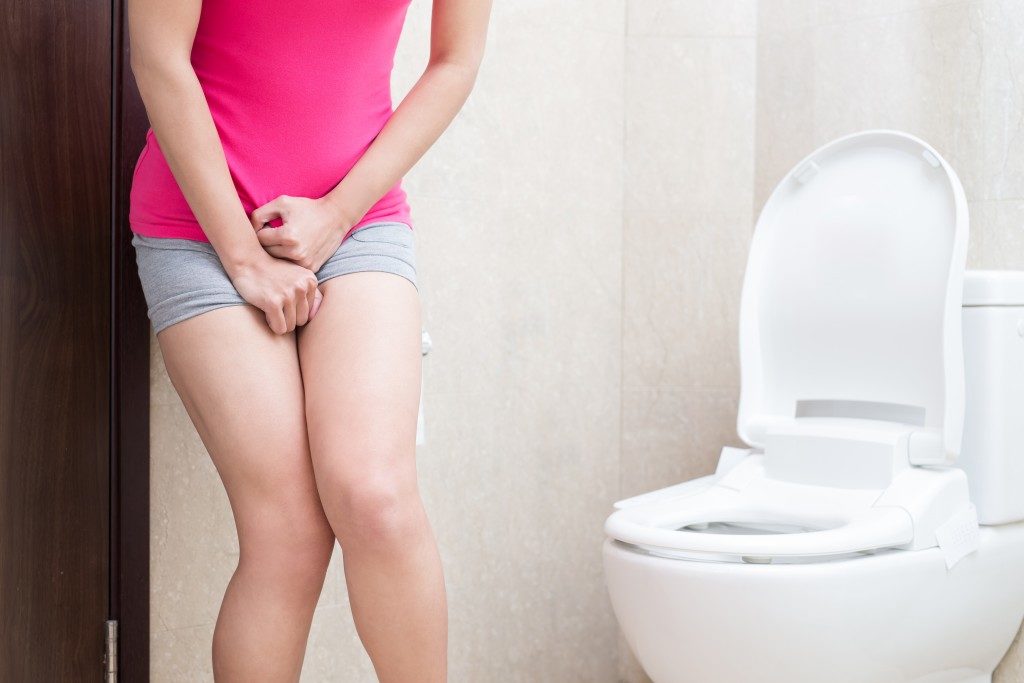When it comes to urinary incontinence (UI), it starts with a little “oops” leak moment. People with this medical condition are unable to control their bladder, causing frequent or sudden urges to urinate. The severity of the condition ranges from occasionally leaking urine when you sneeze or cough to having an incredibly strong urge to urinate and don’t reach the toilet.
Though it occurs more often as people get older, UI isn’t just an inevitable consequence of ageing. If this condition affects your quality of life, don’t hesitate to seek your urology doctor in Singapore. Simple lifestyle changes and/or medical treatment can also ease the symptoms or stop the discomfort caused by urinary incontinence.
Understanding Urinary Incontinence
People with UI often experience occasional and minor leaks of urine. Patients with severe UI may lose small to moderate amounts of urine more often.
Not all UI cases, however, are the same. Various types of urinary incontinence include the following:
- Urge incontinence. You experience an immediate and strong urge to urinate, which is followed by an involuntary loss of urine. You need to urinate often, even throughout the night. This kind of UI might be caused by an infection, diabetes, or a neurologic disorder.
- Stress incontinence. These urine leaks happen when you exert pressure on your bladder by sneezing, coughing, bending, or laughing.
- Functional incontinence. A physical condition keeps you from reaching the toilet in time.
- Overflow incontinence. You experience constant or frequent dribbling of urine because of a bladder that can’t empty completely.
- Mixed incontinence. A combination of all the UI types described above.
Why Do They Happen?
Urinary incontinence isn’t an illness; it’s a symptom. It can be a product of your lifestyle or caused by physical problems or underlying medical conditions. Certain food, drinks, and medications may function as diuretics, which stimulate your bladder and increase the amount of your urine. These include:
- Carbonated drinks
- Alcohol
- Caffeine
- Chilli peppers
- Chocolate
Medical conditions like urinary tract infection (UTI) and constipation can also trigger UI. The former’s infections irritate the bladder, which causes your urge to urinate. Hard and compacted stool due to constipation, on the other hand, causes your bladder’s nerves to be overactive, increasing your need to urinate.
Treatments for UI

Fortunately, there are many treatments for UI, some of them you can do at home. Still, it’s important that you visit your doctor for treatment. Consider the following treatments:
- Physical therapy or exercise. These activities strengthen your pelvic floor, which can help you control your urine.
- Medication. Some medications block chemical messages in your bladder’s nerves, relaxing the bladder’s muscles to increase its capacity.
- Behavioural modification therapy. Your doctor can suggest lifestyle changes such as eliminating caffeine, limiting the amount of fluid you drink, or teaching yourself to hold your urine longer.
- Sling procedures. With this minimally invasive surgery, your physician puts you in a sling made of natural or synthetic material to support your urethra, preventing stress incontinence.
Prevent more “oops” leak moments by addressing UI now. Get in touch with your doctor as soon as possible.

